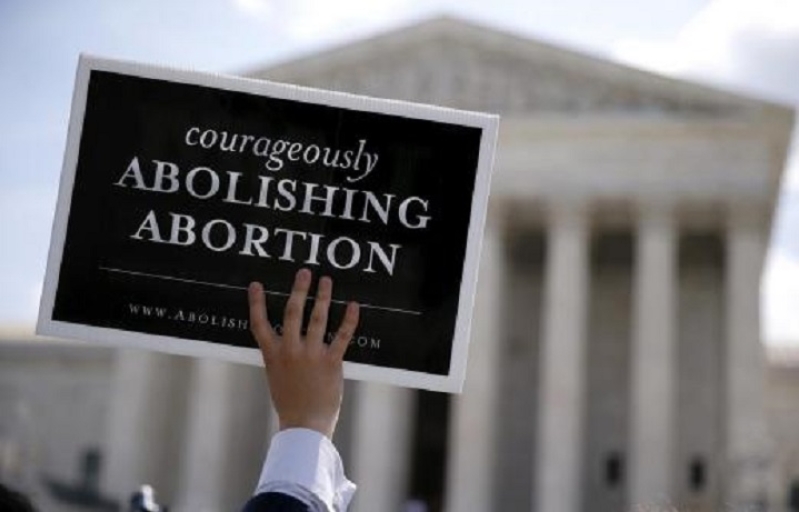
An Act for the Gradual Abolition of Slavery was a piece of legislation proposed by Pennsylvanians in 1780. The Act had been formed in the recognition that slavery was not a thing likely to disappear upon unanimous votes. And, they were right. As a matter of fact, it took just under seventy years and another Act in 1847 to finally rid the area of the scourge; even then, the state was forced to deal with the residue of racism left by the scars of war. The ugly root of slavery had fruited into segregation, lynching, and a general denial of civil rights in the South. Pennsylvania was hardly exempt from the results of its action as farmers left the region to find work where slavery was allowed. Pennsylvania suffered for its actions and endured over a century of slow, tedious, and certainly painstaking measures in order to wedge the door of freedom just a bit wider.
Certainly the Pennsylvanians experienced times of doubt. Had they done the right thing in the right time---and would their efforts ever effectuate even a glimmer of their hope for freedom? Little could they foresee that the supposedly minuscule action would eventually serve an example to other states who would follow suit.
Unquestionably, there is merit in dissatisfaction, to a degree. We must never be satisfied, for example, when we see evil prevail in any form, and we must never fall comfortably onto the cushion of contentment. However, there is also merit in a pragmatism undergirded by good sense and humility enough to grasp the crumbs as they fall under the table (Matthew 15:27). In other words, sometimes we are forced by reason and circumstance to change only a little at a time.
I know some who would label such resolve a "serious compromise" and a sore lack of faith. I see it as a desperate willingness to act when any other measure is rendered impossible by godless men. An action against further death is an action for life and Scripture simply commands believers to choose "life (Deuteronomy 30:19)."
Gradual abolition was the initial philosophy of both William Wilberforce and Abraham Lincoln. Not coincidentally, both were politicians who eventually succeeded in emancipating their countries altogether. Some have insisted (and, I think, rightly so) that today's most comparable moral issue is another form of slavery. Indeed, one so oppressive that it disables the very element of life itself: abortion.
Unfortunately, not all battles are fought and won in a day. Executive commands are made only in the greatest confidence by either very bold or very daring men, and, often, such drastic measures tend to preclude a civil war of sorts where little is accomplished due to rebellion and distraction.
The Tennessee Infants Protection Act, or HB 1189, would "prohibit a person from purposely performing or inducing, or attempting to perform or induce, an abortion upon a pregnant patient when the fetus is viable." The piece later describes the age of viable gestation at about twenty-four weeks. It is presently undergoing examination.
As a Tennessean, this news is particularly relevant. The piece has its limitations and restrictions, to be sure; it still allows abortion in the case of "emergency," particularly regarding the mother's life or failure to reach viability. While this is a far cry from the most idealistic vision, is it historically, reasonably, or ethically just to deny its credit entirely? Would I be right to ignore the legislation and wait for a more satisfying one?
Oscar Schindler, savior of an estimable 1,200 Jews during Hitler's cruel reign, echoed true wisdom in his philosophy:
"Whoever saves one life, saves the world entire."
The world is made up of many "one" lives. May we become discontent enough to fight for the one.






